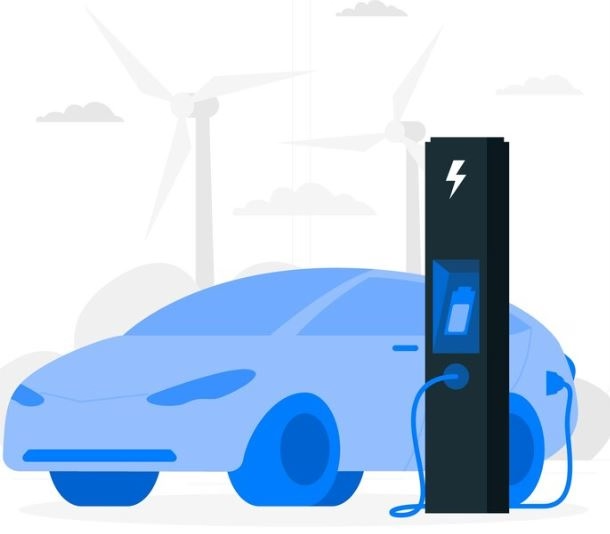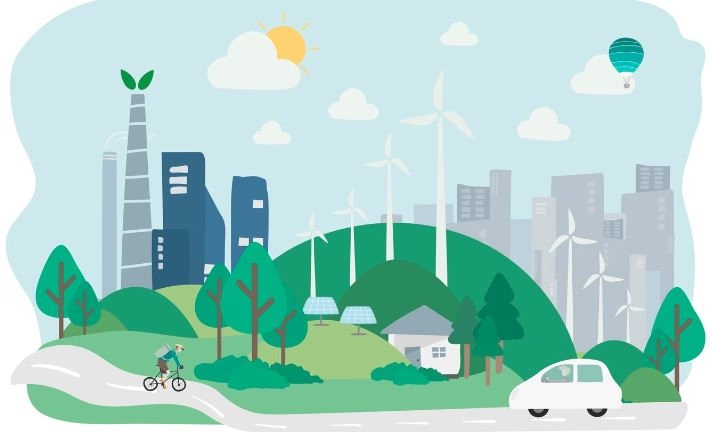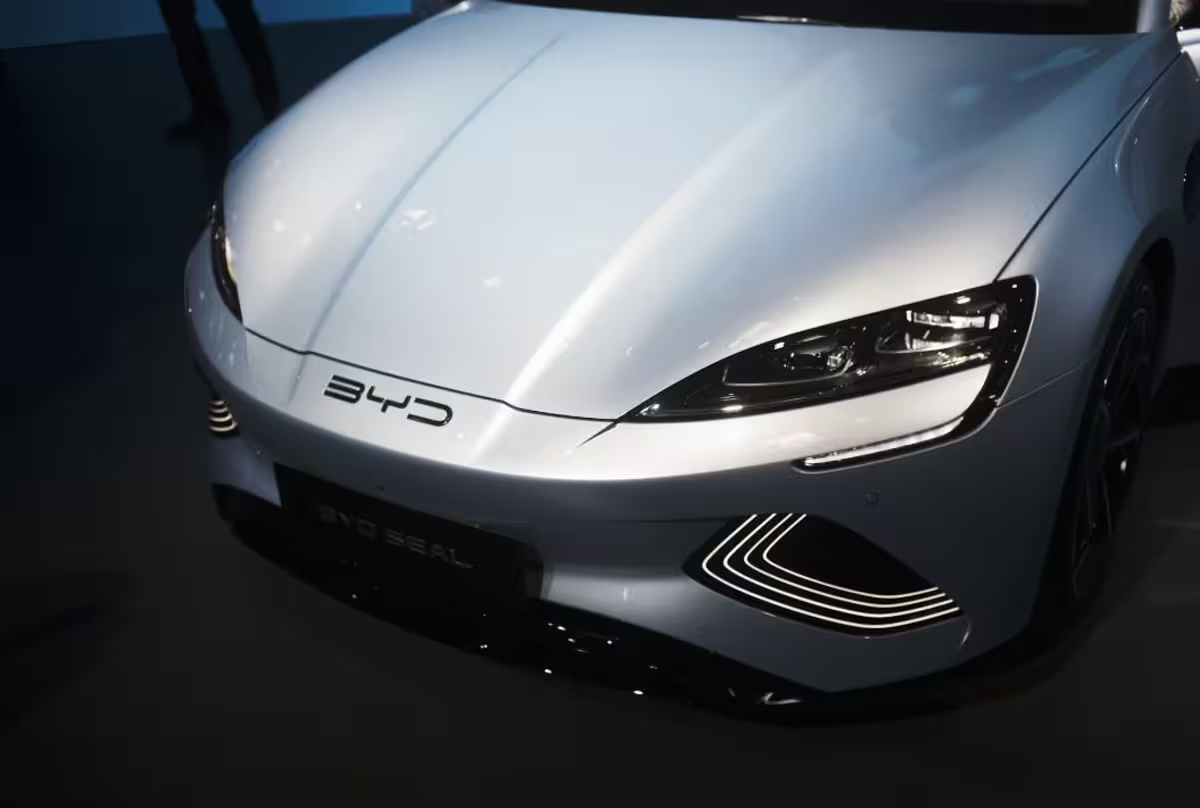Sustainability in Auto Industry: Which OEM is leading by example?
Sustainability in the Automotive Industry
The automotive industry is undergoing a significant transformation toward sustainability, driven by the urgent need to reduce environmental impact. Although most of our write-ups take a technical lens, one can simply not ignore the significance of sustainability in the industry. Let's dive deep into the sustainability efforts of three major automakers—BMW, Mercedes-Benz and Tesla—evaluating their progress across six key metrics: emissions per vehicle in fleet, energy consumption, water usage, waste generation and last but definitely not the least: recycling. Some metrics are relevant throughout the lifecycle through the products (for instance the emissions per vehicle), while others are derived from the sourcing and manufacturing processes of the car manufacturers. These metrics provide a clear view of how these companies are transitioning to greener practices.
1. Which car manufacturer has the best Emissions per Vehicle?
1. Tesla
Tesla continues to lead in emissions per vehicle, setting the standard for sustainability with zero emissions during vehicle operation. Its fully electric lineup and focus on energy-efficient Gigafactories have made it the benchmark for environmental impact in the automotive industry. Tesla’s strategy of integrating closed-loop battery recycling further enhances its sustainability, as it reuses critical materials like cobalt and lithium, drastically reducing the need for new mining.
2. BMW
BMW has made significant progress in reducing emissions per vehicle, achieving a 20% reduction by 2023, with an ambitious target of 40% by 2030. This reduction is largely due to its focus on electrifying its fleet and optimizing production processes. The company’s integration of renewable energy in its operations has also played a critical role in decreasing emissions.
3. Mercedes-Benz
Despite Mercedes’ efforts to reduce emissions per vehicle by 15%, it still lags behind its competitors due to its slower transition away from internal combustion engine (ICE) vehicles. However, the company has set ambitious targets, aiming for a 50% reduction by 2030, with a strong focus on electrification in its future vehicle lineup.
2. Which car manufacturer has the most sustainable Energy Consumption?
1. Tesla
Tesla outpaces all competitors in energy efficiency, with Gigafactories powered predominantly by solar and wind energy. Its production processes are designed to minimize energy usage per vehicle, making Tesla the leader in this category. Additionally, Tesla's investments in green energy technologies, such as its solar products, further enhance its sustainability efforts.
2. BMW
BMW has made significant strides in reducing energy consumption, with 80% of its energy now sourced from renewables. The company has set a goal of reaching 100% green energy by 2030. Its focus on energy efficiency, combined with renewable energy use, positions BMW as a strong performer in this area.
3. Mercedes-Benz
Mercedes is making improvements in energy consumption but remains behind the leaders. The company is slowly transitioning to renewable energy across its production facilities, with a focus on reducing overall energy usage by 2039 to meet its carbon-neutral goal.

3. Which car manufacturer has the most sustainable Water Consumption?
1. BMW
BMW excels in water management, having reduced water consumption by 40% since 2018. The company implements water recycling systems across most of its production facilities, leading the industry in water conservation.
2. Mercedes-Benz
Mercedes has made progress in reducing water consumption, with a target of 35% reduction by 2030. However, the company still faces challenges in achieving the same level of efficiency as BMW.
3. Tesla
Tesla has faced criticism for its water usage, especially as it expands operations in arid regions. While the company has implemented water recycling technologies, its water consumption remains higher than competitors like BMW.
4. Which car manufacturer has the most sustainable Waste Generation?
1. BMW
BMW’s leadership in the circular economy is evident, with 70% of materials repurposed, including steel and aluminum. The company’s focus on recycling and reducing waste generation positions it at the top in this category.
2. Tesla
Tesla has a strong battery recycling program, recovering key materials like cobalt and lithium. However, the company needs to expand its overall waste management strategy beyond battery recycling to address other production-related waste.
3. Mercedes-Benz
Mercedes-Benz is working on reducing waste but still lags behind competitors. The company aims for a 40% reduction in total waste by 2030, but it has yet to implement a comprehensive circular economy strategy like BMW.

5. Which car manufacturer has the most sustainable Recycling and End-of-Life Practices?
1. BMW
BMW leads the way in end-of-life recycling, with 95% vehicle recyclability as a target for 2030. The company’s commitment to the circular economy ensures that metals, plastics, and other materials are reused, reducing waste and conserving resources.
2. Tesla
Tesla’s closed-loop battery recycling system is a benchmark for the industry, ensuring that critical materials are recovered and reused. However, the company’s broader recycling efforts beyond battery materials could be more robust.
3. Mercedes-Benz
Mercedes-Benz is investing heavily in battery recycling, but its overall end-of-life practices for vehicles are still developing. The company is catching up to competitors but needs a more integrated strategy to maximize recycling efforts.
Summary Table: Sustainability Metrics Comparison
| Metric | BMW | Tesla | Mercedes-Benz |
|---|---|---|---|
| Emissions per Vehicle | 20% reduction, aiming for 40% by 2030 | Zero emissions from operation | 15% reduction, aiming for 50% by 2030 |
| Energy Consumption | 80% from renewables, 100% by 2030 | Renewable-powered Gigafactories | Making progress, slower transition |
| Water Consumption | 40% reduction since 2018 | Higher, with recycling efforts | 35% reduction by 2030 |
| Waste Generation | 70% repurposed materials | Strong battery recycling | 40% reduction target by 2030 |
| Recycling & End-of-Life | 95% recyclability by 2030 | Leading in battery recycling | Focus on battery recycling, broader strategy needed |
Which OEM is the most sustainable? The EV-Global Verdict.
The winner is BMW. Whilst both BMW and Tesla are clear leaders in sustainability, each excelling in different areas, with BMW focusing on the circular economy and the complete supply chain, and Tesla leading in energy and emissions reductions, BMW does have an edge over all other competitors. Mercedes-Benz seems to be making progress, but still lagging behind the top performers.



